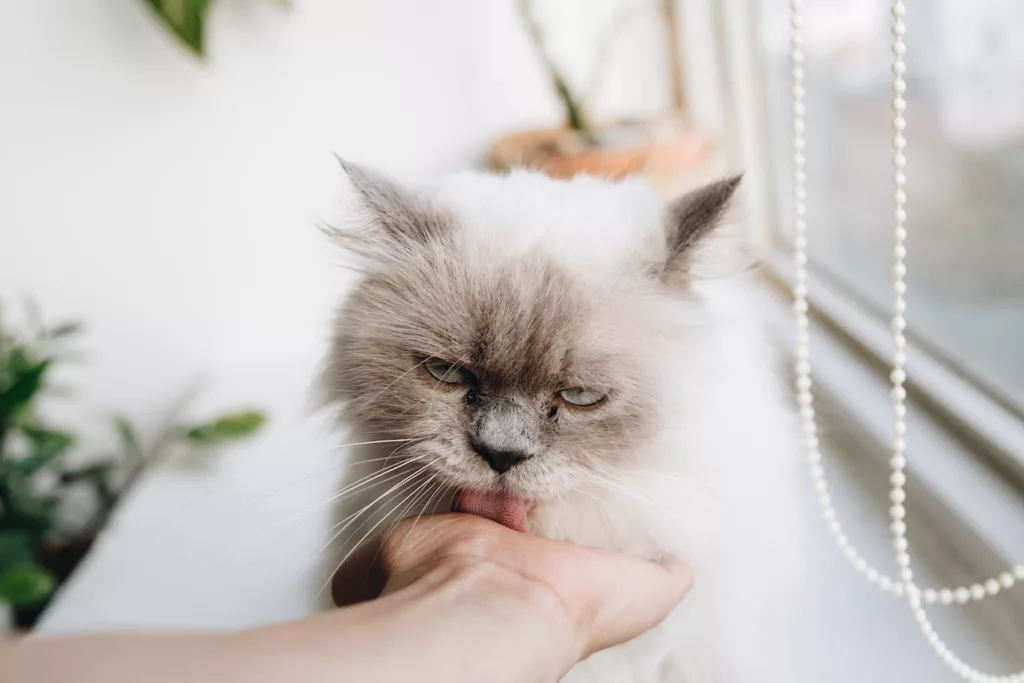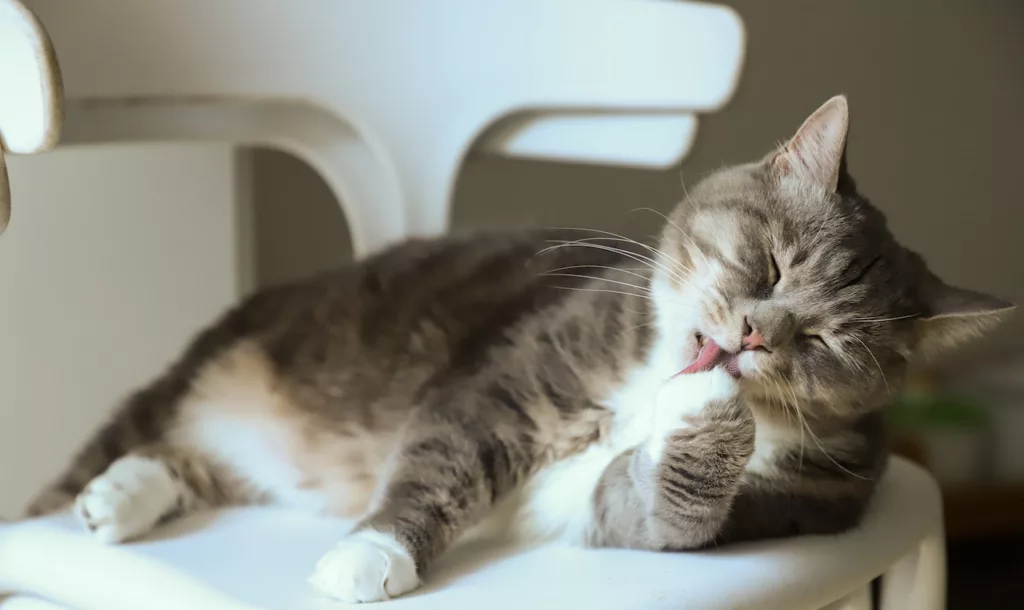Living with anxiety can be a difficult and exhausting journey. Fortunately, there are various methods available to manage anxiety symptoms, and one surprising source of comfort and support comes in the form of our feline friends.
In this blog post, we will explore the therapeutic benefits of emotional support cats and delve into scientific research and personal anecdotes that highlight the positive impact these furry companions can have on anxiety. From their calming presence to their unique behaviors and unconditional love, cats have a remarkable ability to provide comfort, reduce stress, and offer solace during difficult times. Join us as we discover the immense value that emotional support cats bring to individuals struggling with anxiety.
Table of Contents

Understanding Anxiety and Its Effects
Before delving into how emotional support cats can help with anxiety, it’s essential to understand the nature of anxiety itself. Anxiety is a common mental health condition that can cause a variety of symptoms, including worry, fear, restlessness, and difficulty concentrating. These conditions can manifest in various forms, such as generalized anxiety disorder, panic disorder, social anxiety disorder, and others. Anxiety can lead to physical symptoms like rapid heart rate, sweating, and shortness of breath, as well as mental and emotional distress.
There is some scientific evidence to support the claim that cats can help with anxiety. For example, one study found that people with anxiety who interacted with cats for 15 minutes a day showed a decrease in heart rate and blood pressure. Another study found that people with anxiety who owned cats reported feeling less anxious and more relaxed than those who did not own cats.
There are a number of reasons why cats might be helpful for people with anxiety. For one, cats can provide companionship and support. They can also help to reduce stress by providing a sense of calm and relaxation. Additionally, the act of petting a cat can release oxytocin, a hormone that has mood-boosting effects.
The Therapeutic Benefits of Emotional Support Cats
- Calming Presence: Cats possess a natural aura of tranquility and calmness that can have a soothing effect on individuals experiencing anxiety. Their gentle purring, rhythmic breathing, and peaceful demeanor can help create a serene atmosphere, providing a sense of emotional stability and security.
- Stress Reduction: Scientific studies have shown that interacting with cats can lead to a reduction in stress levels. Petting a cat releases endorphins, the feel-good hormones that promote relaxation and happiness. The act of stroking a cat’s soft fur can serve as a form of tactile therapy, providing comfort and alleviating anxiety symptoms.
- Emotional Bonding: Emotional support cats form deep connections with their owners, offering companionship and unconditional love. The presence of a cat can combat feelings of loneliness and isolation, providing a sense of purpose and emotional support. This bond creates a consistent and reliable source of comfort, making cats excellent companions for individuals managing anxiety.

Scientific Research and Case Studies
Numerous studies have explored the therapeutic effects of interacting with cats and owning them as emotional support animals. One study published in the Journal of Psychosomatic Medicine found that interacting with cats can significantly reduce symptoms of anxiety and improve overall mood. The study involved individuals with diagnosed anxiety disorders who were assigned to spend time with a therapy cat for several weeks. The results showed a significant reduction in anxiety levels and an increase in feelings of relaxation and contentment.
Another study published in the Journal of Nervous and Mental Disease explored the impact of emotional support cats on individuals with social anxiety disorder. Participants who interacted with cats during a therapy session reported decreased social anxiety symptoms and improved social functioning. The study highlighted the unique role that cats can play in helping individuals overcome social fears and feel more at ease in social situations.
Scientific studies have shed light on the therapeutic benefits of emotional support cats for with anxiety. One study published in the Journal of Psychosomatic Medicine found that interacting with cats can significantly reduce symptoms of anxiety and improve overall mood. The study involved individuals with diagnosed anxiety disorders who were assigned to spend time with a therapy cat for several weeks. The results showed a significant reduction in anxiety levels and an increase in feelings of relaxation and contentment.
Another study published in the Journal of Nervous and Mental Disease explored the impact of emotional support cats on individuals with social anxiety disorder. Participants who interacted with cats during a therapy session reported decreased social anxiety symptoms and improved social functioning. The study highlighted the unique role that cats can play in helping individuals overcome social fears and feel more at ease in social situations.

Practical Tips for Adopting an Emotional Support Cat
- Evaluating Personal Readiness: Before adopting an emotional support cat, it’s important to assess your readiness for the responsibilities and commitments that come with pet ownership. Consider factors such as time availability, financial resources, and any potential allergies or limitations.
- Choosing the Right Cat: Different cat breeds possess unique temperaments and energy levels. Researching and selecting a cat that matches your personality and living situation is crucial to ensure a harmonious relationship and an effective emotional support dynamic.
- Cat Care and Well-being: Once you’ve welcomed an emotional support cat into your life, prioritizing their care and well-being is vital. This includes providing a safe environment, nutritious food, regular veterinary check-ups, and engaging in interactive play and enrichment activities.
Remember, emotional support cats are not a substitute for professional help or therapy, but they can be a valuable addition to a comprehensive anxiety management plan. With their unwavering support, understanding, and unconditional love, emotional support cats have the potential to make a significant difference in the lives of those struggling with anxiety. An ESA letter can provide legal protection for your emotional support cat, making it easier for you to live with your emotional support cat in public places.
Conclusion
Emotional support cats can be powerful allies in the battle against anxiety. Their calming presence, stress-reducing qualities, and ability to form deep emotional bonds make them ideal companions for individuals seeking solace and support. As scientific research continues to validate the positive impact of emotional support cats, it’s essential to recognize their immense value in promoting mental health and well-being.
If you’re considering adopting an emotional support cat, ensure you are prepared for the responsibilities and commit to providing a loving and caring home. Remember, a furry feline friend may be the source of comfort and healing you’ve been seeking on your journey toward managing anxiety.
Related Posts
- Can dogs eat olives? Are Olives Safe for Dogs?
- Can dogs eat okra? Is okra safe for dogs?
